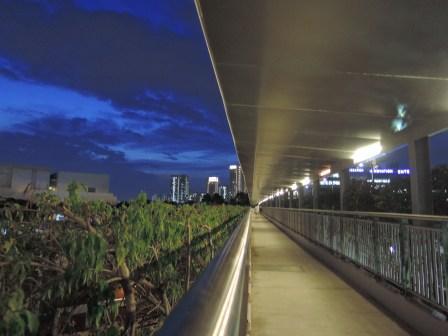Internationalizing Higher Education in Singapore: Government Policies and the NUS Experience
July 16, 2018

How and why has NUS incorporated strategies to internationalise higher education?
On 3 July 1905, King Edward VII College of Medicine was founded, before then developing into the National University of Singapore (NUS). At present, NUS’s influence goes far beyond the shores of Singapore, as it has established itself as a globally-renowned academic institution. Much of this, according to A/P Teofilo Daquilla (Department of Southeast Asian Studies), is due to the international outlook NUS has adopted from the beginning, and the ways the government has reformed its policies to keep up with the increasingly globalized nature of higher education.
Using NUS as a case study, Daquilla in his 2013 paper, Internationalizing Higher Education in Singapore: Government Policies and the NUS Experience (Journal of Studies in International Education), examines the reasons for and effects of internationalizing higher education. He understands internationalization as the process by which an intercultural global dimension is integrated into the functioning of higher education institutions. Since its founding, NUS has introduced several partnerships with well-established overseas universities, such as Duke-NUS Medical School and Yale-NUS College. Moreover, NUS has partnerships with hundreds of universities all over the world, with whom they conduct student exchange programmes, summer schools, and even overseas internship attachments. NUS students can also travel overseas for research and fieldwork, as well as for language immersion programs.
These measures taken by Singapore universities such as NUS, Nanyang Technological University (NTU), and Singapore Management University (SMU) bring in knowledge from all over the world, and moreover, have contributed to Singapore’s current status as an educational hub for Southeast Asia. Not only does internationalization build an appreciation for multicultural values, it also enriches the kind of research that comes out of Singaporean academic institutions.
Read the full article here.
